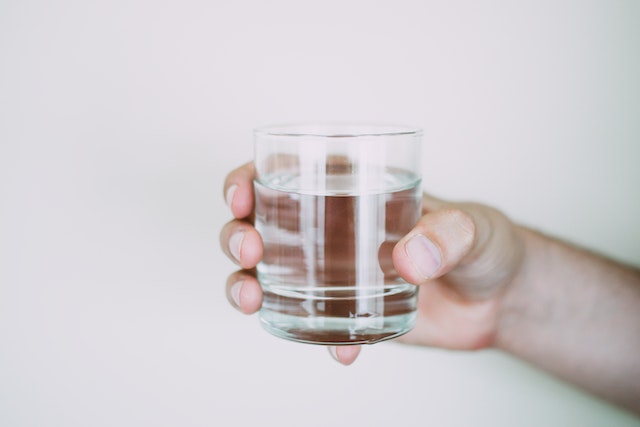
Dehydration occurs when the body loses more fluids than it takes in, resulting in an imbalance that can have detrimental effects on our overall health and well-being. In this blog, we will delve into the causes, symptoms, and practical strategies to prevent and combat dehydration, ensuring optimal hydration for a thriving body and mind.
Dehydration arises when the body loses essential fluids, primarily water, without adequate replenishment. This can happen due to various factors such as excessive sweating, insufficient fluid intake, illnesses that cause fluid loss (e.g., diarrhoea, vomiting), or environmental conditions like high temperatures or low humidity.
Thirst and Dry Mouth: Feeling thirsty and experiencing a dry or sticky sensation in the mouth are early signs of dehydration.
Fatigue and Dizziness: Dehydration can lead to low energy levels, fatigue, and dizziness as the body's fluid balance becomes compromised.
Dark Urine and Reduced Urination: Decreased urine output or urine that appears darker than usual indicates concentrated waste and a potential lack of hydration.
Dry Skin and Lips: Dehydration can cause dry and flaky skin, as well as chapped lips.
Headaches and Muscle Cramps: Inadequate fluid levels can trigger headaches and muscle cramps due to electrolyte imbalances. We have a wide variety of moisturising products available on our website online-chemist.com which can be viewed here.
Drink Ample Water: Ensure a regular intake of water throughout the day. Aim for at least 8 cups (64 ounces) of water daily, or more if engaging in physical activity or exposed to hot weather.
Hydrating Foods: Incorporate hydrating foods into your diet, such as watermelon, cucumbers, oranges, strawberries, and soups with high water content.
Electrolyte Balance: Replenish electrolytes, such as sodium, potassium, and magnesium, through sources like sports drinks, coconut water, or natural electrolyte supplements.
To maintain your body’s fluid balance and hydration we recommend Keto Electrolyte Capsules 560 mg 180 Capsules Supplement for Electrolyte balance.
Monitor Fluid Intake: Keep track of your fluid consumption, especially during periods of physical exertion, illness, or exposure to hot climates. Consider using smartphone apps or hydration tracking devices for assistance.
Limit Alcohol and Caffeine: Alcohol and caffeinated beverages have diuretic effects, which can increase fluid loss. Consume them in moderation and compensate with extra water intake.
Hydration Reminders: Set reminders or use smartphone apps to prompt regular fluid intake, ensuring hydration becomes a habit.
Hydrate Before, During, and After Exercise: Drink water before exercising, stay hydrated during workouts, and replenish fluids post-exercise to replace any lost fluids.
Adjust for Environmental Factors: In hot weather or low humidity, increase your fluid intake to compensate for increased sweat and fluid loss.
Monitor Urine Colour: Check your urine colour regularly. Pale or light yellow urine indicates proper hydration, while darker urine suggests a need for more fluids.
Hydrate at the First Signs of Thirst: Don't wait until you feel excessively thirsty. Drink water when you begin to feel thirsty to prevent dehydration.
Children and Older Adults: Pay special attention to children and older adults, as they may be more susceptible to dehydration. Encourage regular fluid intake and monitor their hydration status.
Illness and Diarrhoea: During bouts of illness, especially if experiencing diarrhoea or vomiting, increase fluid intake to prevent dehydration. Oral rehydration solutions may be necessary in severe cases. For instant diarrhoea relief we recommend Numark Diarrhoea Relief Instants.
Maintaining proper hydration is crucial for overall health and well-being. By understanding the causes, recognising the symptoms, and implementing practical hydration strategies, we can prevent dehydration.
Disclaimer:
The information provided on this website is for general informational purposes only and is not intended as a substitute for professional medical advice, diagnosis, or treatment.